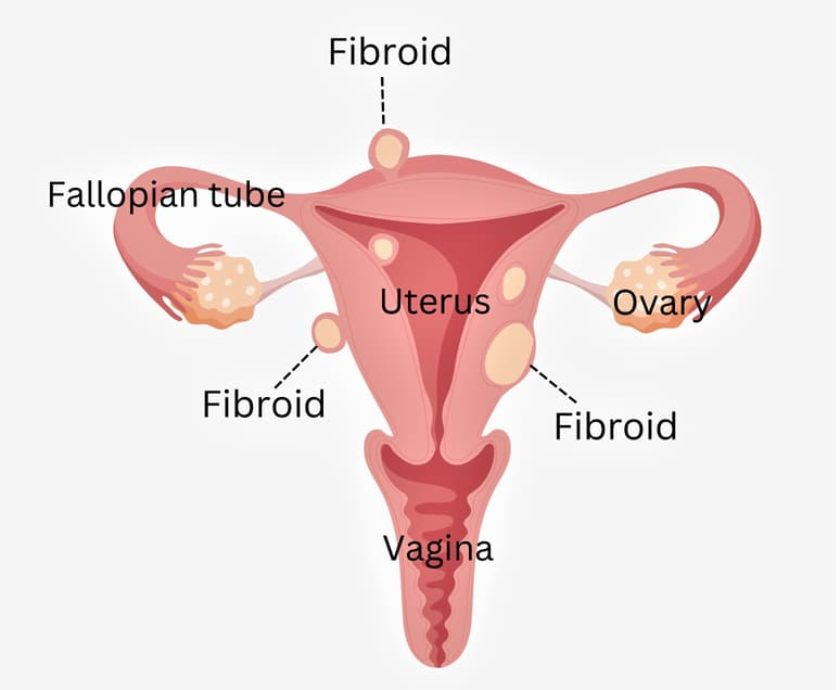This week the Centre for Disease Control and Prevention (the CDC) published the results of their research exploring cancer deaths in the Caribbean. This was an interesting piece of work revealing what the common causes of cancer deaths are in the region.
This piece of research looked at 23 Caribbean islands and looked at the most recent five years of mortality data during the period from 2003 to 2013. When they looked at all cancers combined the number of cancer deaths ranged from 32 deaths in the Turks and Caicos Islands to 26,135 in Puerto Rico. They converted the deaths into an age-standardised rate which allows a better comparison because this rate takes into account the size of the population and the age of the people in that population. This is important because a larger country will have more deaths simply because they have a larger population and a region with an older population will have more deaths because cancer is more common in older people. By taking these two factors into account we can get an idea of other underlying factors that may be causing cancer deaths which could be prevented, or in countries where cancer deaths rates are low we can explore what factors are contributing to this so other countries can learn from this.
When cancer deaths were converted into an age-standardised rate it was found that the lowest cancer death rate was found in the Turks and Caicos Islands at 46.1 cancer deaths per 100,000 people and the highest rate was in St Kitts and Nevis at 139.3 per 100,000 people.
The researchers then looked at specific cancers and they found that across 20 of the Caribbean islands prostate cancer was the most common cause of cancer deaths amongst men accounting for 18.4% to 47.4% of cancer deaths. This was followed by lung cancer which accounted for 5.6% to 24.4% of cancer deaths.
When they looked at women, breast cancer was the most common cause of cancer deaths in 16 of the Caribbean islands accounting for 14% to 29.7% of cancer deaths. Cervical cancer was found to be the second most common cause of cancer deaths in women with 4.5% to 18.2% of cancer deaths being attributed to cervical cancer.
The researchers also found that bowel cancer was the third most common cause of cancer deaths in men and women and that overall cancer was second leading cause of death in all islands.
When the deaths rates in the Caribbean were compared to those in the US, it was found that death rates for cervical cancer were 2 – 9 times higher in the Caribbean, prostate cancer death rates were 2 -8 times higher in the Caribbean and lung cancer death rates were lower in the Caribbean.
It was explained, in the publication of the research, that there could be an under or overestimation of the data in the Caribbean for several different reasons such as missing, unknown, invalid and non-specific information. Despite this, important conclusions can be made from this work with researchers concluding that:
“Lung and cervical cancers are important preventable causes of morbidity and mortality in most of the Caribbean countries. Lung cancers can be prevented through primary prevention of exposure to risk factors such as smoking, and cervical cancers can be prevented through human papillomavirus vaccination.
The leading causes of cancer deaths in the Caribbean region for both males and females also can be reduced through screening, early detection, and effective treatment for cervical, breast, and colorectal cancers. Although prostate cancer is the leading cause of cancer mortality among men in the Caribbean, effective screening strategies that result in reduced mortality have not yet emerged globally, highlighting the need for strengthening referral and treatment strategies.”
The Lake Foundation welcomed this research which provides some good insight into areas that require attention in order to improve cancer outcomes in the Caribbean.












